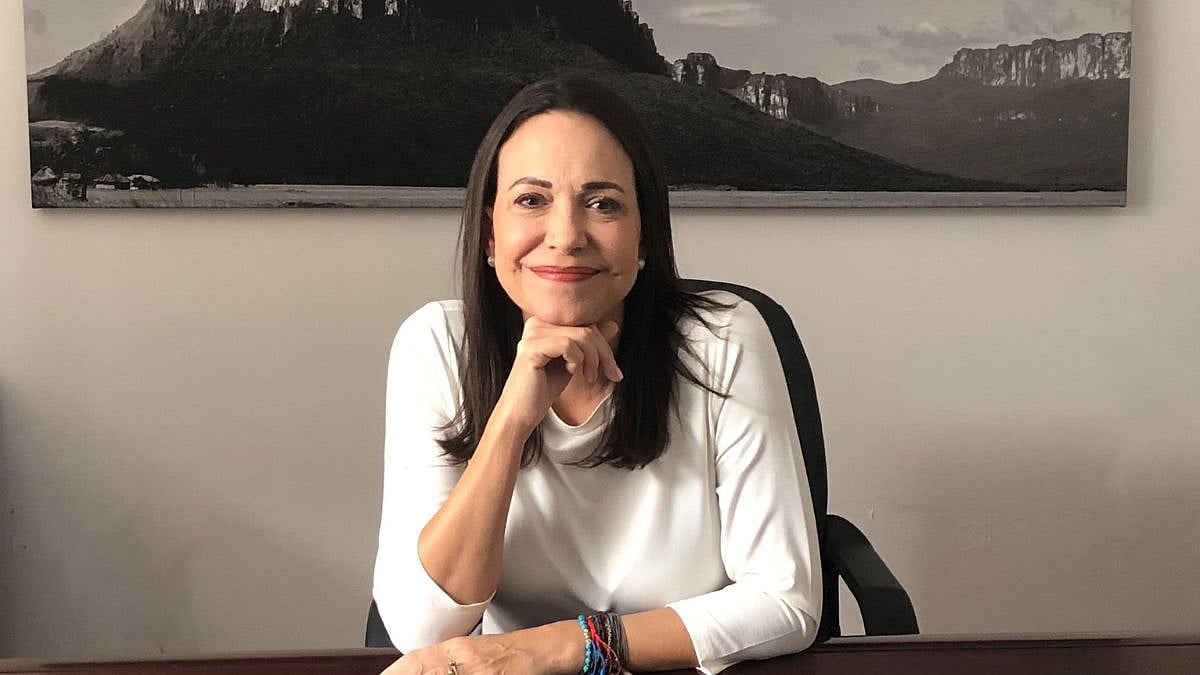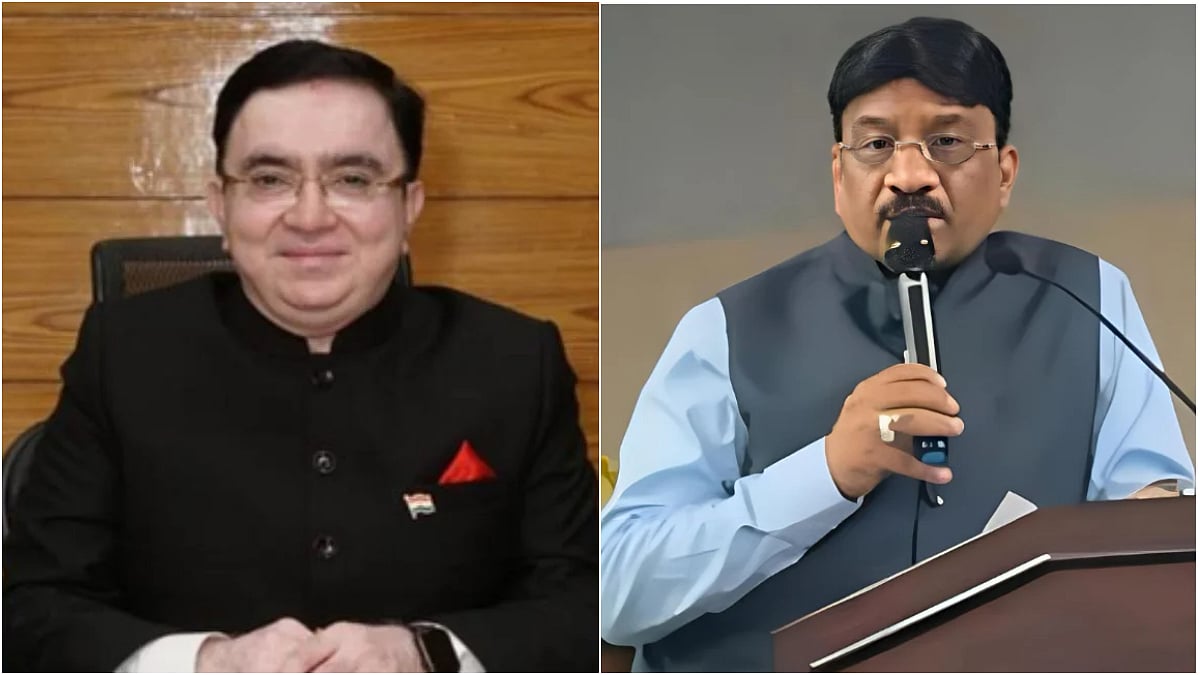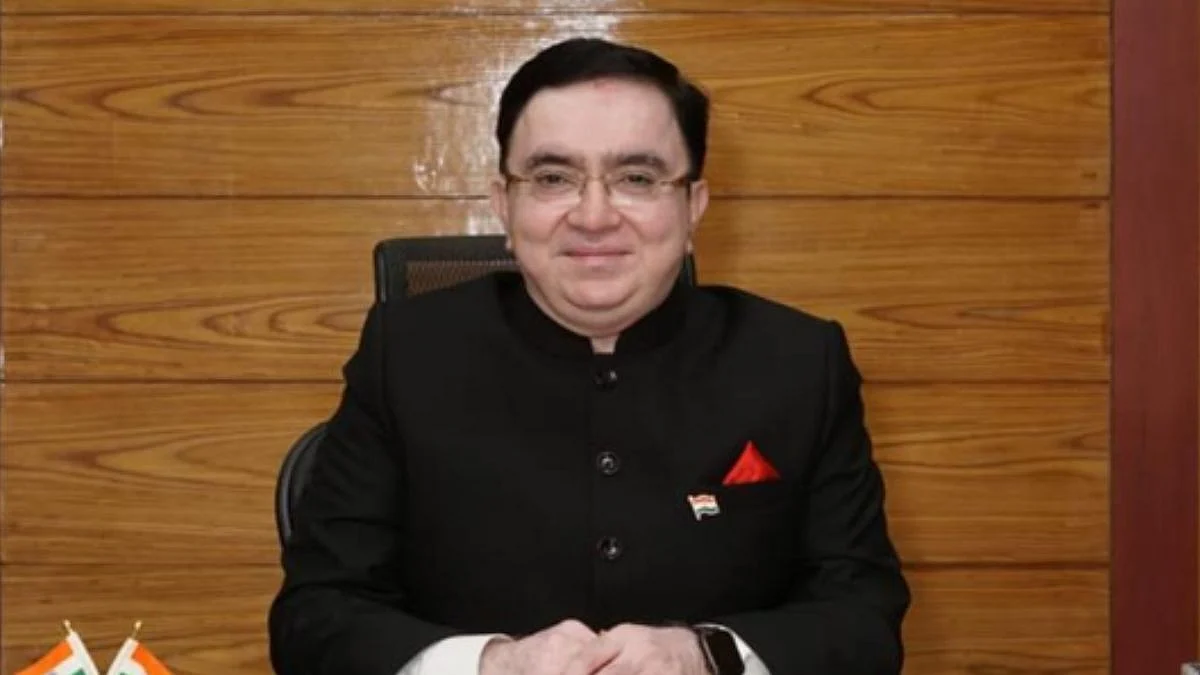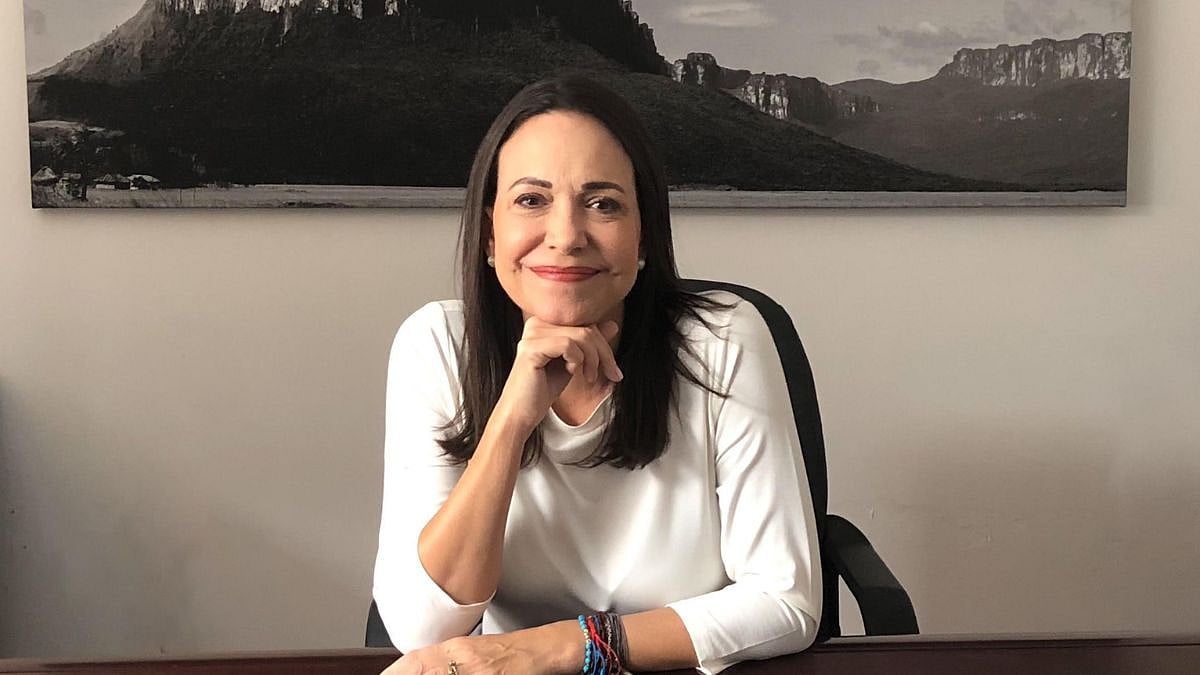Of all the Nobel Prize winners from Latin America, the choice of Maria Corina Machado, Venezuela’s opposition leader, is perhaps the most controversial. Machado, the “Venezuelan Iron Lady”, has elicited overwhelming support in the West, particularly the US, for her no-nonsense style and conservative, free-market ideology, and also for her tireless work in defending democratic rights and advocating a peaceful transition from dictatorship to democracy.
By all accounts, Machado is a highly controversial pick. One wonders if such choices, like Machado’s for the Nobel, are to celebrate past achievements or to affect the desired future course of events. The Nobel Committee has done it far too often by conferring the Peace Prize on the least deserving and controversial figures, like Henry Kissinger, Menachem Begin, Lech Walesa and Liu Xiaobo, to name a few.
Norway takes pride in its diplomacy of peace, which it projects as a global exemplar. It has been engaged in conflict resolution in many parts of Latin America, including Colombia. Machado had asked Norway, a mediating country in the negotiations between the Maduro government and the opposition, to maximise compliance with the agreement guaranteeing free and fair elections.
Maria Machado, says Tulane University Professor David Smilde, author of The Paradox of Violence in Venezuela: Revolution, Crime and Policing, is “less a peace activist than a political operator willing to use some of the trade’s dark arts for the greater democratic good.”
The Nobel Foundation’s illusion of neutrality has worn increasingly thin over the years. The prize often mirrors the West’s ideological priorities, like democracy promotion, liberalism and “peace through strength” narratives.
Latin America has a fair share of the Nobel Peace Prize winners. Machado’s choice has not gone down well among large sections of people. In fact, Pablo Iglesias, Podemos leader and former deputy prime minister of Spain, has said rather dismissively that the Nobel “might as well have been given to Hitler”.
Latin America has played a pioneering role in the development of international mechanisms devoted to promoting peace, such as arbitration, the legal settlement of international disputes, and the codification of international law. It has cultivated a unique cultural and diplomatic tradition that emphasises peaceful and diplomatic solutions to conflicts. It is this diplomatic tradition that has won Latin America plaudits.
Thanks to Latin America’s diplomatic tradition, many seminal treaties could be signed. Nearly a hundred years ago (1933), the anti-war pact of non-aggression and reconciliation was signed, which is known as the Saavedra-Lamas Pact. Several defining doctrines propounded by the region acquired global recognition.
The Saavedra-Lamas Pact not only strongly denounced aggression, but it also refused to recognise territorial acquisitions through force. Two decades earlier, the Tobar Doctrine provided for the non-recognition of de facto governments and sought regional action to consolidate constitutional regimes. In 1930, the Estrada Doctrine established the parameters to recognise states and not governments. All these seminal doctrines were intended to deter US intervention in Latin America.
While civil wars plagued some parts of Latin America, and it also witnessed revolutionary guerrilla violence in the 1960s and 1970s, it has avoided major wars like India-Pakistan, Arab-Israel, Iran-Iraq and the ongoing Ukraine war. Of course, Latin America witnessed a 100-hour football war in 1969 between Honduras and El Salvador.
The international community attaches considerable weight to Latin America for its peaceful vocation and strong diplomatic credentials. Perhaps the most defining agreement so far has been the “Treaty of Tlatelolco”, which preceded the Nuclear Non-Proliferation Treaty.
In 1967, Latin American countries signed the treaty for the Prohibition of Nuclear Weapons. To date, similar prohibitions are in force only in Antarctica, outer space, and the seabed.
Latin America has also created an agency for the prohibition of nuclear weapons in the region. This protocol commits the countries of Latin America to respect the denuclearisation of the region and not to use or threaten the use of nuclear weapons against any party. It was the intensive work in favour of disarmament that brought Mexican foreign minister Garcia Robles the Nobel Prize for Peace in 1982.
Before Machado, all other Nobel Peace Prize winners were pacifists and non-controversial. The first Latin American recipient of the Nobel Peace Prize was Carlos Saavedra Lamas (1936), followed by Adolfo Perez Esquivel (1980), Alfonso Garcia Robles (1982), Oscar Arias (1987), Rigoberta Menchu (1992), and Juan Manuel Santos (2016).
But Machado is in a different league. Her legacy is mixed and hugely controversial. She has worked for over 20 years to stitch together a broad and diverse coalition to oppose Venezuelan presidents Hugo Chávez and Nicolas Maduro, mobilising supporters even in parts of the country that have been their historic strongholds.
In Latin America’s strongly patriarchal culture, many of the women who have made it in politics are related to, or supported by, the men in power. Machado is a rare exception, building her own political capital.
She was stripped of her seat in the National Assembly, one that she won with a record number of votes in 2010. She was physically attacked and accused of treason and having conspired in a plot to assassinate Maduro—all attempts to silence her.
Machado has earned no plaudits for promoting the discredited theory of Maduro using the Tren de Aragua gang to invade the US.
Machado is an ardent supporter of Israel and Likud Party leader and Prime Minister Benjamin Netanyahu. How can she be a real “champion of peace”, having kept the flame of democracy burning in Venezuela while blindly supporting a genocidal regime in Israel?
She is also a strong supporter of Trump’s military build-up in the Caribbean and has asked the American president to oust the Maduro government. In an interview with the New York Times, Machado said that her country offers “an enormous foreign policy victory in a very, very short time.”
The Nobel Committee’s metaphor is anything but apt.
The author, former Director of Institute of Social Sciences, is a specialist in Latin American affairs.










